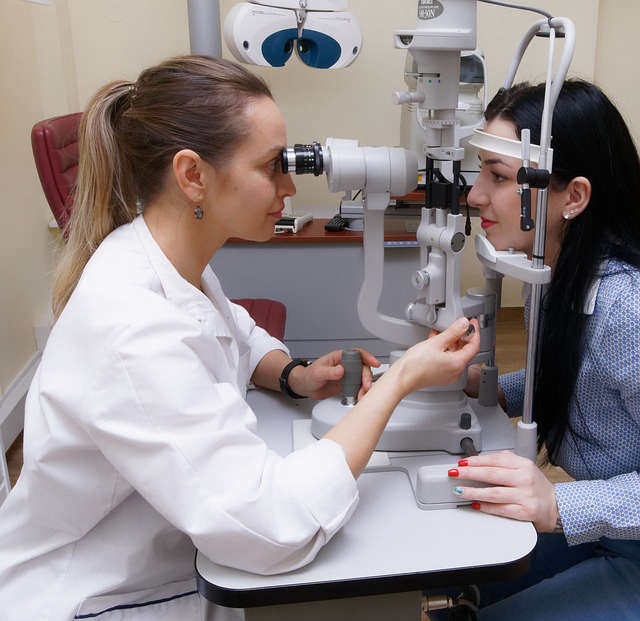
A recent survey has shown that millions of workers admit that hearing difficulties are affecting their job performance.
The figures from high street chain Specsavers show that whilst 84% of employees consider clear hearing as being essential for their work, 64% of those experiencing hearing issues have not undergone a hearing check.
The most common reason for avoiding a hearing check is the belief that it isn't necessary (26%), followed closely by 25% who feel their hearing problems are not severe enough to justify a check. Time constraints also play a role, with 15% of employees too busy to schedule one. Cost concerns deter 13%, while 12% simply procrastinate.
Despite these reasons for postponing a hearing test, many employees acknowledge that hearing loss has a significant impact on their work. More than a third (37%) frequently ask colleagues to repeat themselves, 22% admit to making mistakes due to their hearing impairment, 20% experience mental fatigue, and 15% say their ability to perform their job is compromised.
Even though hearing loss significantly affects workplace performance, nearly three-quarters (72%) of employees have not discussed the issue with their employer. Among the 20% who have raised the issue, 17% worried about discrimination, a quarter faced concerns about their job performance from their employer, 19% noticed a change in how they were treated, and 17% were excluded from meetings or discussions.
Nearly one in five (18%) have considered leaving or changing jobs because of hearing problems. It's no surprise that hearing loss can lead to negative emotions, with employees feeling frustrated (22%), embarrassed (21%), self-conscious (18%), and stressed (17%) as a result.
The opticians firm is calling on the government to introduce a patient self-referral system to allow those needing NHS hearing care to see a professional audiologist on the high street without having to see their GP first. This, it says, would free up 500,000 GP appointments a year.
Latest figures for England suggest there are more than 120,000 people currently sitting on NHS waiting lists and an average wait time of 18 weeks for hospital-based hearing services. The company claims that long wait times to get help can lead to people being forced to leave their job or early retirement.
MP, Yasmin Qureshi is now 61. She now has hearing loss, and comments. She said: “I know through my own firsthand experience that the impact of unaddressed hearing loss is profound. It impacts employment, complicates communication and social interactions, often leading to social isolation and loneliness. It is vital that we address the postcode lottery that prevents some people from easily accessing hearing care. Ensuring everyone can access services on the on the high street allows for early interventions needed to protect people’s hearing.”

 24 Hours NOT in A&E: New NHS campaign launches
24 Hours NOT in A&E: New NHS campaign launches
 Give the gift of a home this Christmas
Give the gift of a home this Christmas
 MPs representing Erewash respond to plans to close eight county care homes including two borough sites
MPs representing Erewash respond to plans to close eight county care homes including two borough sites
 DCC set to spend £5m hiring private companies to investigate how to save millions, including potential job cuts
DCC set to spend £5m hiring private companies to investigate how to save millions, including potential job cuts
 Firms need support despite ease in inflation says Chamber
Firms need support despite ease in inflation says Chamber




